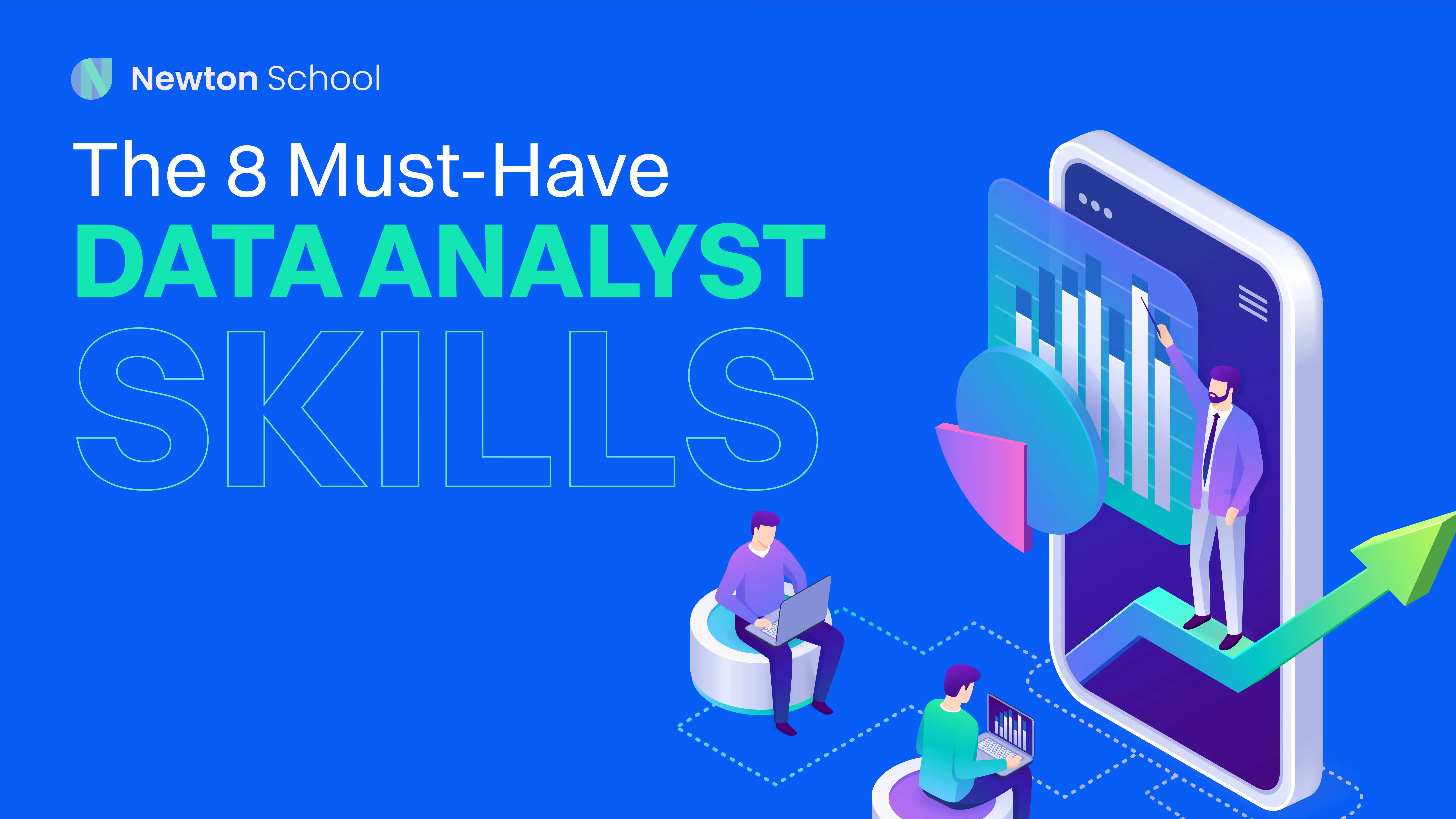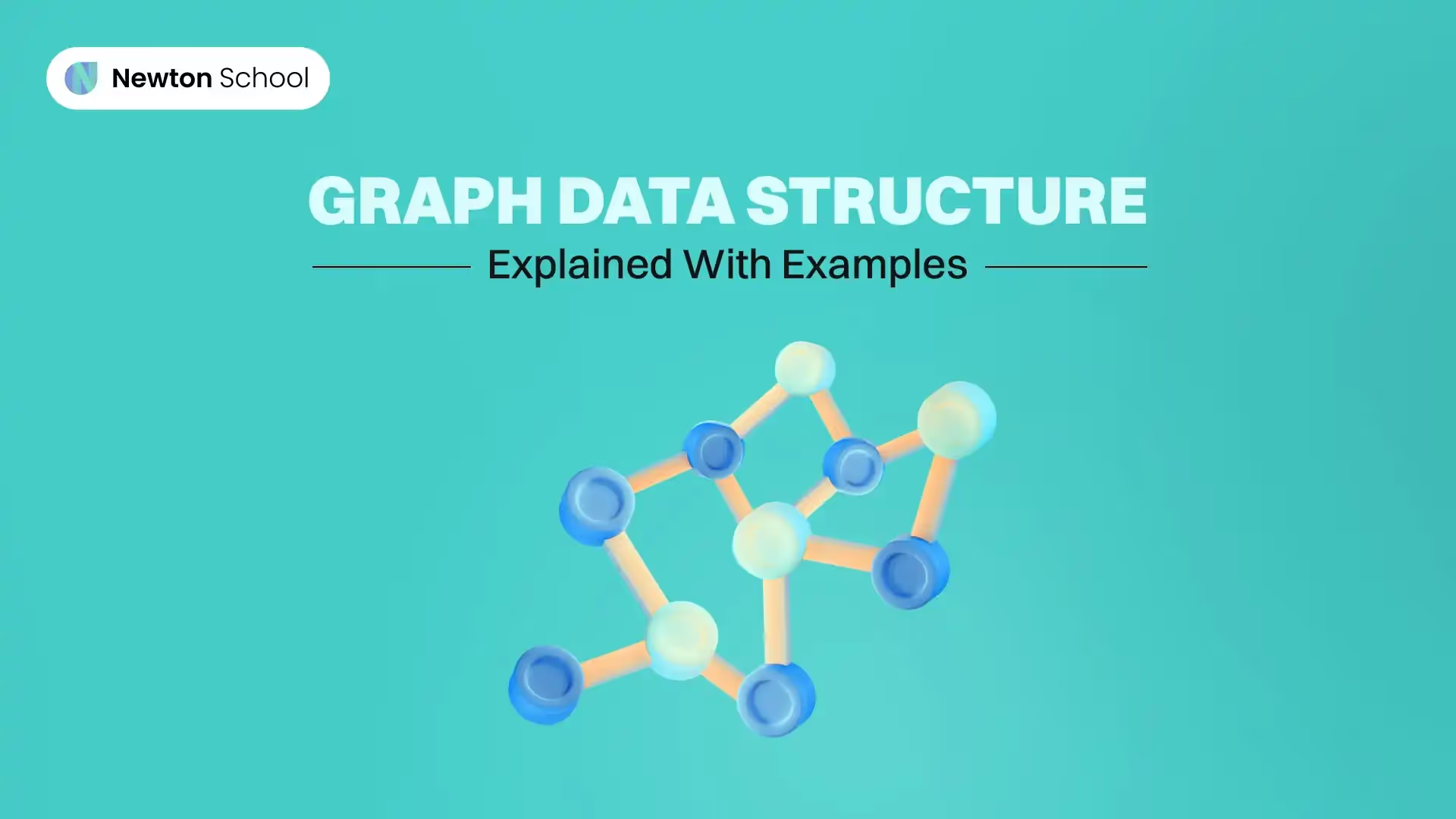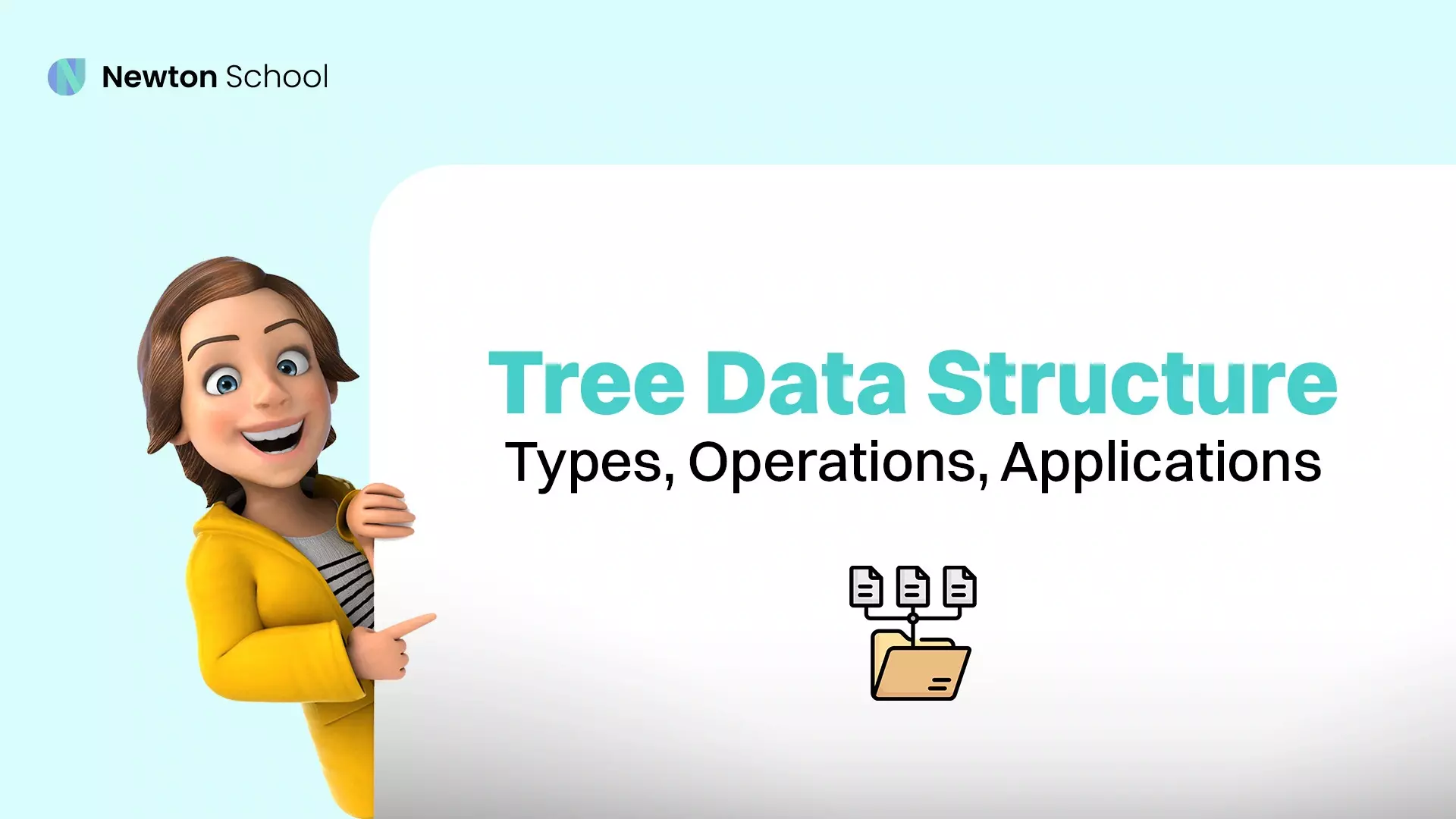
Analysts play a vital role in an organization by examining data and providing insights. An analyst breaks down information into smaller parts to understand how they interact. These insights help organizations make informed decisions, improve operations, and optimize performance. There are several analyst roles, each with its responsibilities and skills.
This article will explore the different types of analyst roles and what they entail. We will also provide a glimpse into the future of analytics, and what types of analyst roles will be in demand in 2022.
Types of Analyst Roles
There are many different analyst roles, each with its responsibilities and skills. Here are some of the most common analyst roles:
1. Business Analyst
A business analyst is responsible for analyzing an organization's business processes and identifying areas for improvement. They may also be involved in implementing new systems or software to streamline these processes. Business analysts typically have a background in business or management, with strong analytical and problem-solving skills.
2. Data Analyst
A data analyst is responsible for collecting, analyzing, and interpreting data to support decision-making within an organization. They must be able to communicate their findings to non-technical stakeholders effectively. Data analysts typically have a background in mathematics, statistics, or computer science, with strong analytical and critical thinking skills.
3. Financial Analyst
A financial analyst provides insights into an organization's financial health. They may be involved in forecasting, budgeting, and investment analysis. Financial analysts typically have a background in finance or accounting, with strong analytical and mathematical skills.
They use their analytical skills to identify risks and opportunities for their organization. Financial analysts often work in investment banking, accounting, and insurance.
4. Marketing Analyst
A marketing analyst is responsible for analyzing marketing data and developing marketing plans. They use their analytical skills to identify target markets, assess customer needs, and build marketing strategies. Marketing analysts often work in advertising, market research, and public relations.
Market research analysts typically have a background in market research, with strong analytical, communication, and problem-solving skills.
5. Operations Analyst
An operations analyst is responsible for analyzing an organization's business processes and developing ways to improve them. They use their analytical skills to identify bottlenecks and inefficiencies in processes. Operations analysts often work in manufacturing, logistics, and healthcare.
6. Sales Analyst
A sales analyst is responsible for analyzing sales data and developing sales plans. They use their analytical skills to identify trends in customer buying behaviour, assess market opportunities, and generate sales strategies. Sales analysts often work in retail, e-commerce, and business-to-business sales.
7. Risk Analyst
A risk analyst identifies an organization's financial, operational, and reputational health risks. They use their analytical skills to assess the probability of events occurring and the potential impact of those events. Risk analysts often work in insurance, banking, and consulting.
8. Research Analyst
A research analyst is responsible for researching a variety of topics. They use their analytical skills to identify trends, gather data, and write reports. Research analysts often work in think tanks, market research firms, and government agencies.
9. Data Scientist
A data scientist is responsible for extracting insights from data. They use their analytical skills to develop predictive models and algorithms. Data scientists often work in software development, marketing, and financial analysis.
10. Analytics Manager
An analytics manager leads a team of analysts and oversees the organization's analytical operations. They use their analytical skills to develop strategic plans, set priorities, and allocate resources. Analytics managers often work in business intelligence, consulting, and software development.
11. Operations Research Analyst
An operations research analyst analyzes an organization's operations and identifies ways to improve efficiency and effectiveness. They may also be involved in implementing new systems or software to streamline these processes. Operations research analysts typically have a background in mathematics, statistics, or computer science, with strong analytical and problem-solving skills.
12. Systems Analyst
A systems analyst analyzes an organization's business processes and designs information systems to support them. They may also be involved in the implementation of new systems or software. Systems analysts typically have a background in computer science, with strong analytical, problem-solving, and technical skills.
13. User Experience (UX) Analyst
A user experience (UX) analyst is responsible for conducting user research to understand the needs of an organization's users. They use this insight to design user-friendly interfaces and improve the overall user experience of an organization's products or services. UX analysts typically have a background in human-computer interaction, with solid research, analytical, and communication skills.
14. Web Analyst
A web analyst analyzes an organization's website traffic and performance. They use this insight to improve the overall website design and user experience. Web analysts typically have a background in web design, with strong analytical and problem-solving skills.
15. Human Resources (HR) Analyst
An HR analyst analyzes an organization's data to identify trends and improve efficiency. They use their analytical skills to develop reports, make recommendations, and implement solutions. HR analysts typically have a background in human resources, with strong analytical, communication, and problem-solving skills.
Conclusion:
The jobs above are the 15 best roles for people with analytical skills. Analytical skills are in high demand as an organization needs critical thinkers who can consider different perspectives in decision-making. With the ever-growing data, the need for people who can analyze this data is also increasing.

























.avif)


